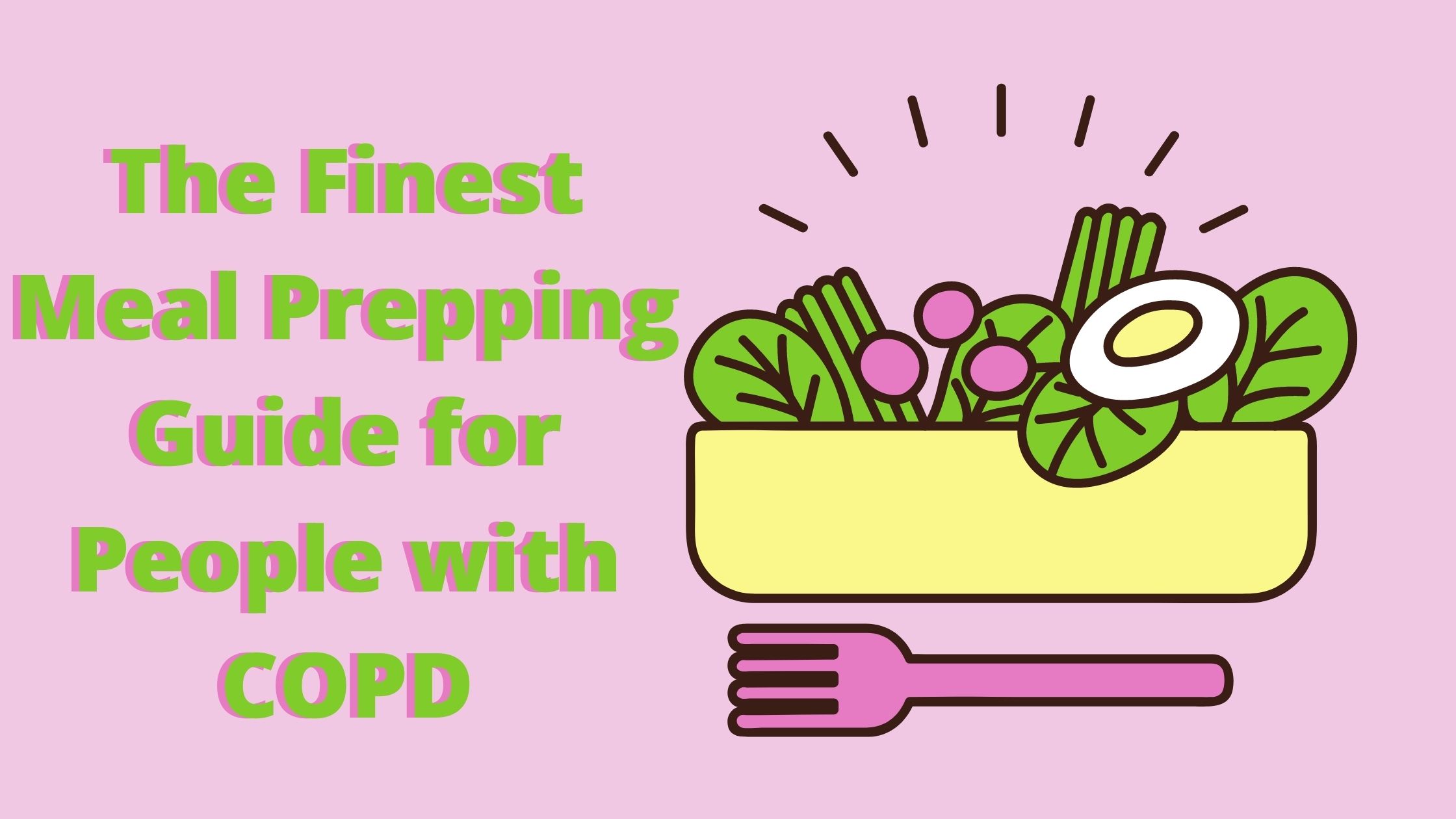
COPD is a disease that affects your respiratory system. That being said, what you eat and how your stomach feels can greatly impact the way you breathe. Whether that's good or bad, is up to you!
{{cta('fa8abc2a-1e88-4fa3-82fd-1cb5b9ed43b2','justifycenter')}}
If you suffer from chronic obstructive pulmonary disease (COPD), you might find that eating specific foods and following certain diets can help manage your condition. You also might realize eating certains foods makes me feel worse, and can make your symptoms worse.
It is important that you eat food. COPD patients often lose a lot of weight throughout their diagnosis.
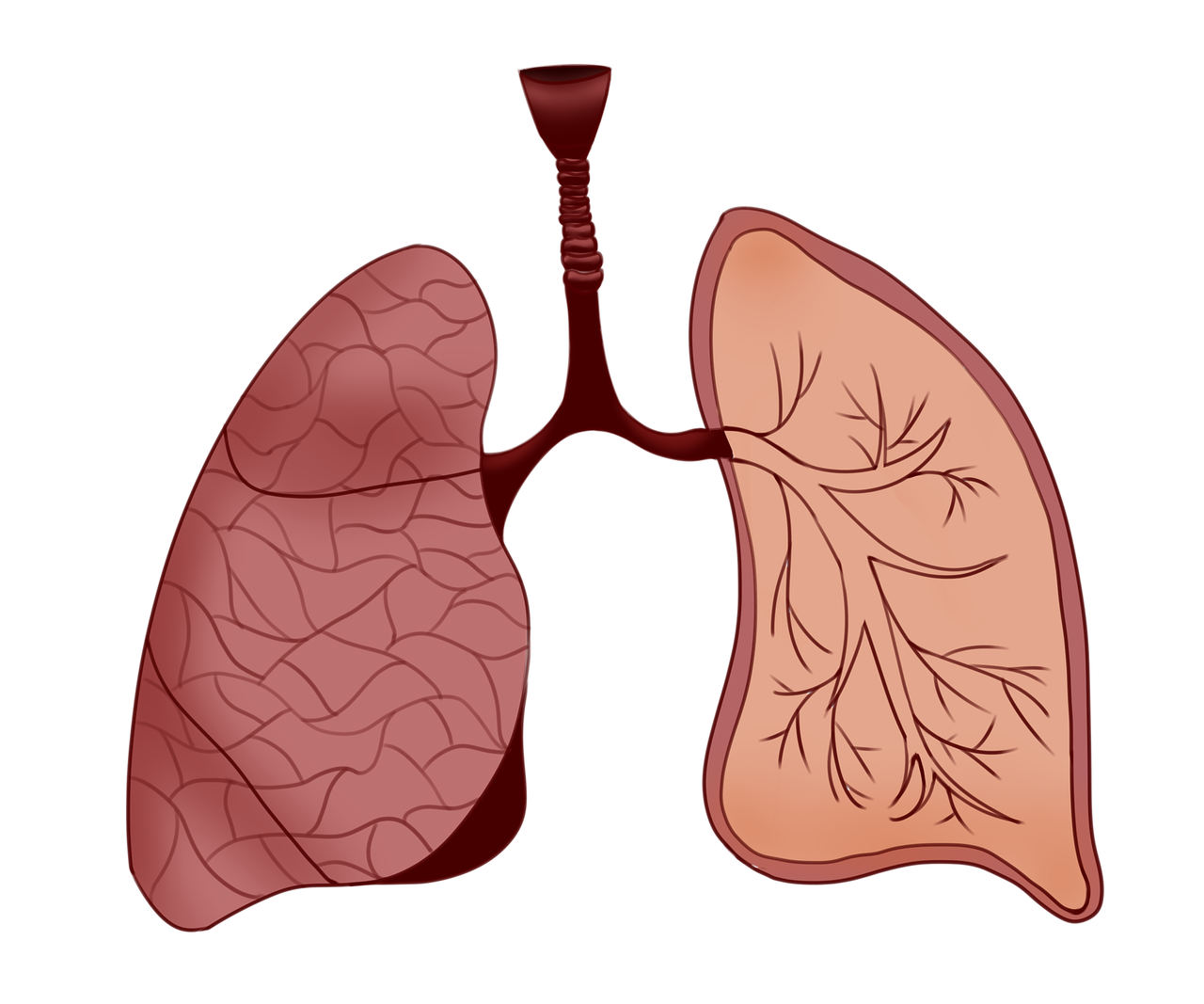
This article describes how diet affects COPD. We outline the best diet for COPD patients. And we include foods you should eat and foods you should avoid. We also provide an example meal plan you can follow, along with tips for cooking and eating.
How Diet Can Affect COPD
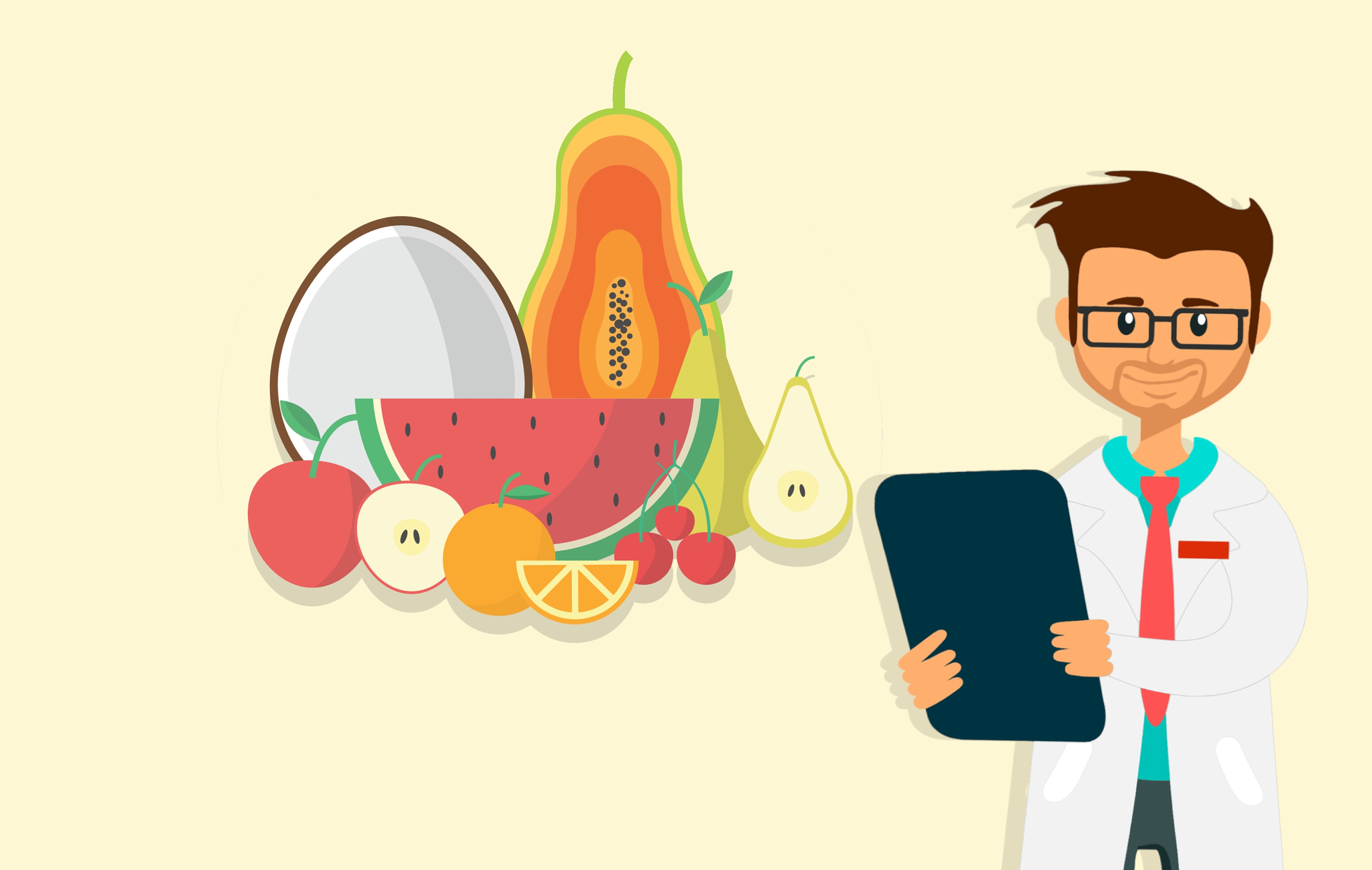
While COPD is a lung condition that limits your airflow making it hard to breathe, incorporating a healthy diet into your daily life can actually help you manage adverse health effects of COPD.
Research shows that a healthy and well-balanced diet can have the following beneficial health effects in people with COPD:
- reduces inflammation in your airways
- maintains and improves muscle strength in your body and lungs
- improves lung function in general
- Lowers metabolic and heart disease risk
The process of changing food to fuel in the body is called metabolism. Therefore, oxygen and food are the essentials materials metabolism. The energy and carbon dioxide created after eating and breathing are the finished products.
![]()
The right mix of nutrients in your diet can help you breathe easier.
Best Diet For COPD Patients
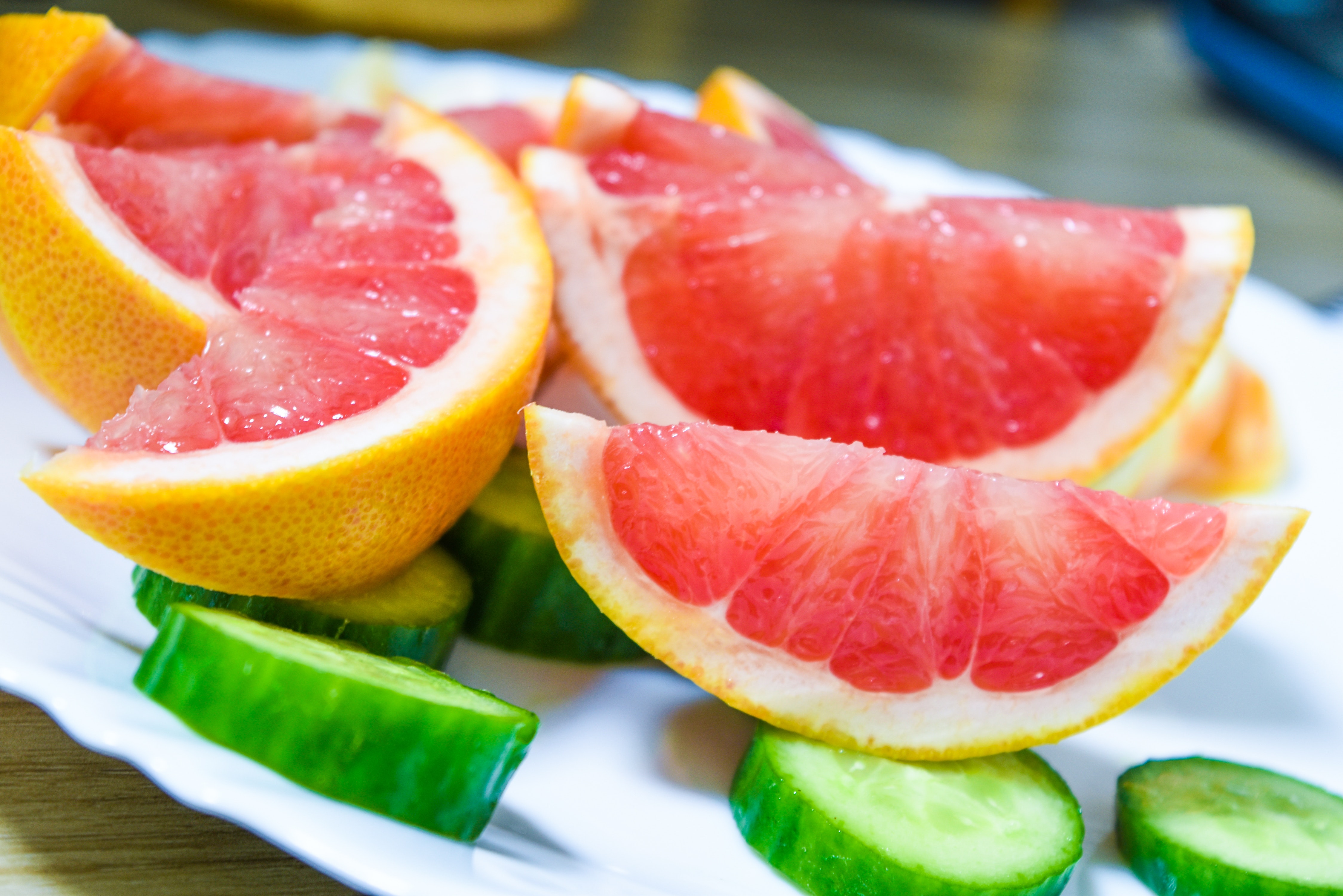
Your body is uniquely YOU! Therefore, there is not one single diet that all COPD patients must follow. Instead, you need to eat food that gives you fuel and energy, the food you eat should not make you feel bloated or full, and it should be a relatively healthy source of vitamins and minerals.
A healthy diet is essentially just the right mix of nutrients and a lot of variety. As a COPD patient you can cater your diet to help you breathe easier. Diet is a crucial aspect you need to discuss with your healthcare team. Together, you can comprise a meal plan, just for you.
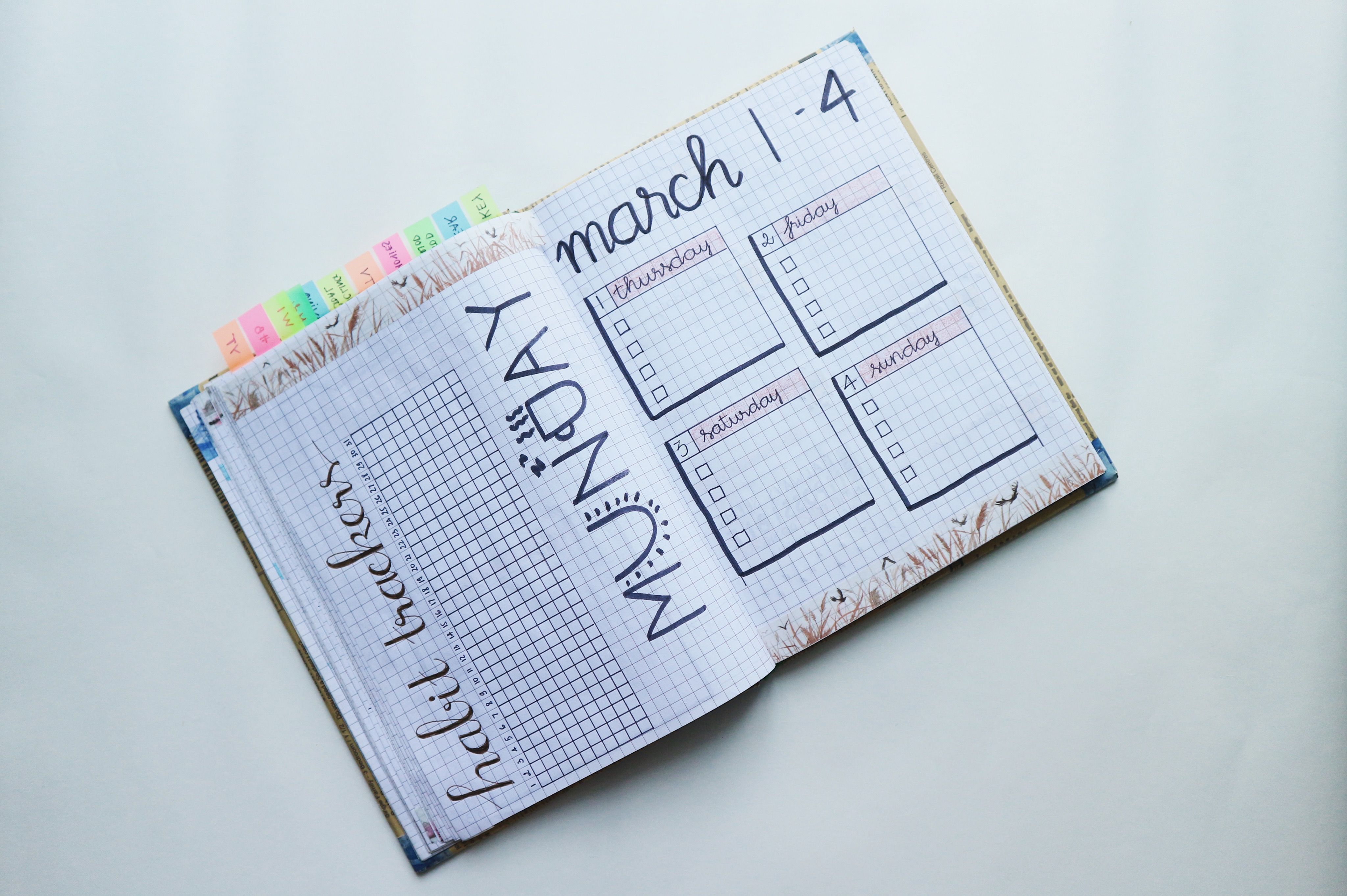
It might be helpful to meet with a registered dietitian nutritionist (RDN). Their knowledge and expertise will help you get on track. You can also find an RDN who specializes in COPD by visiting the Academy of Nutrition and Dietetics or simply discuss this topic with your doctor.
Foods you Should Eat

While there is no strict diet COPD patients need to be on, there are general rules as to what foods will make you feel energized, light, and well-balanced
As a COPD patient you need food that are high in complex carbohydrates, fiber, protein, and Mono and polyunsaturated fats.
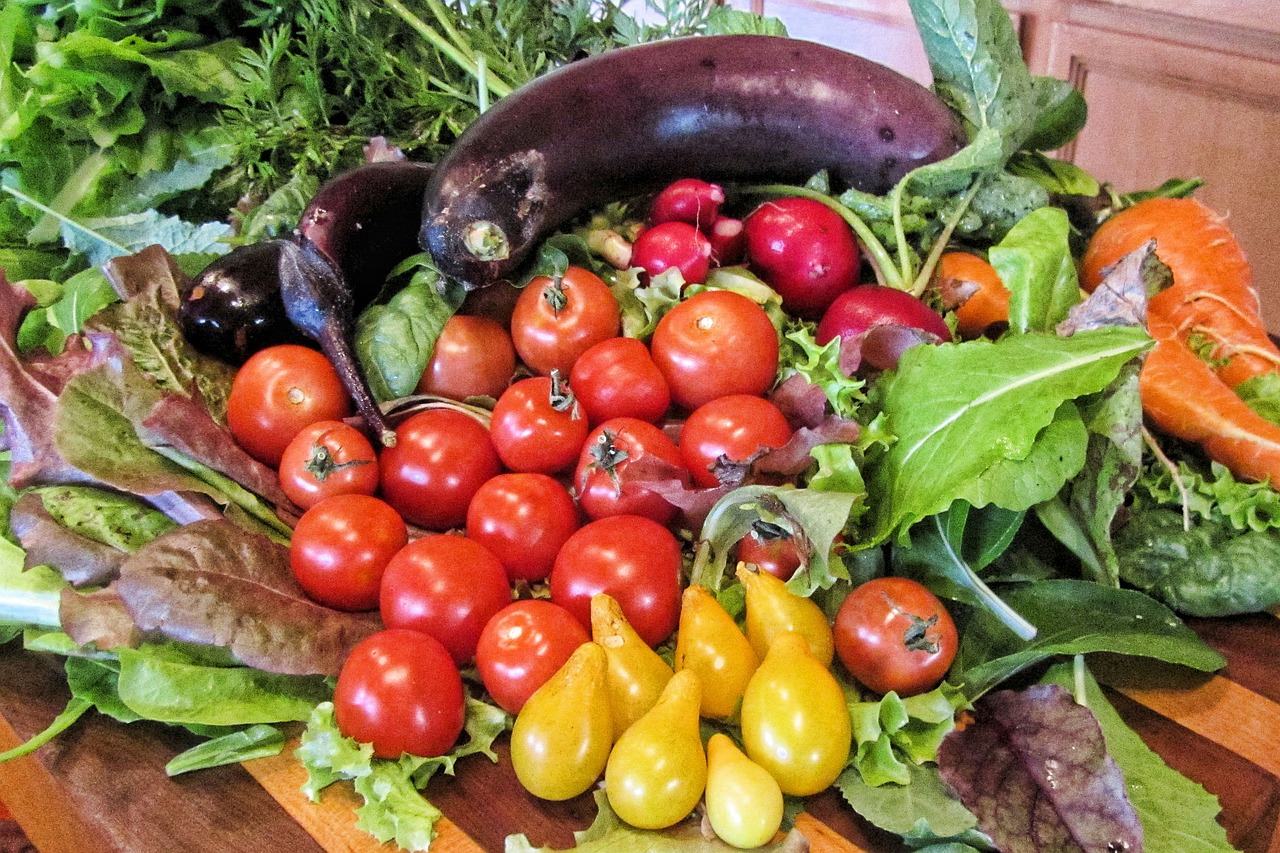
If you are like most people, all of those words don't mean much to you. And reading the small labels on foods is time-consuming and let's face it TOO SMALL TO READ!
Here is a what you need to know about foods you should eat:
Complex Carbohydrates
Complex carbohydrates contain long chains of sugar molecules. This is all scientific jargon, but it essentially means that complex carbohydrates are a great source of energy.
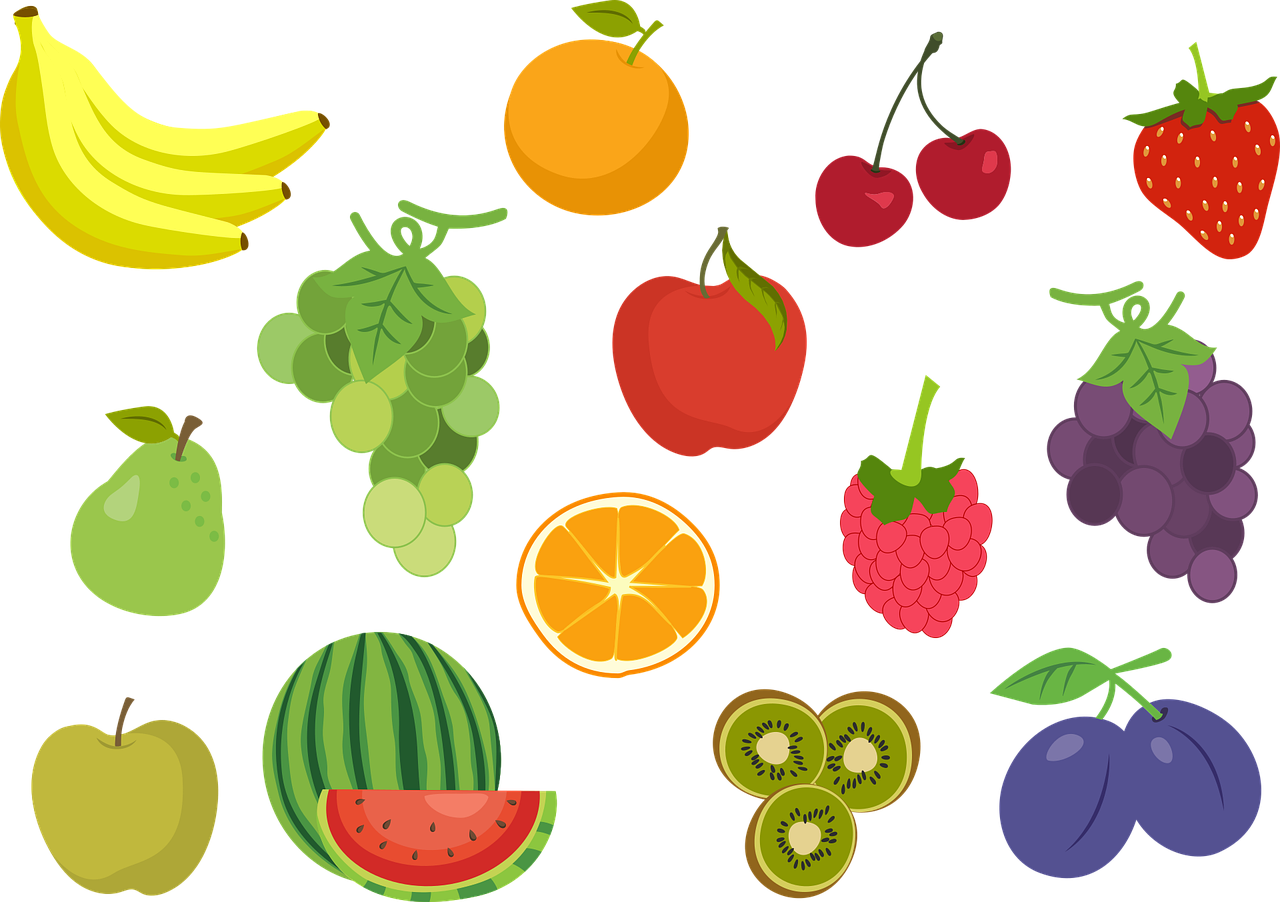
Here are some foods that contain complex carbohydrates:
- Fresh fruit and starchy vegetables
- Whole grains
- Whole grain bread and pasta
- Beans and lentils
Fiber Rich Foods
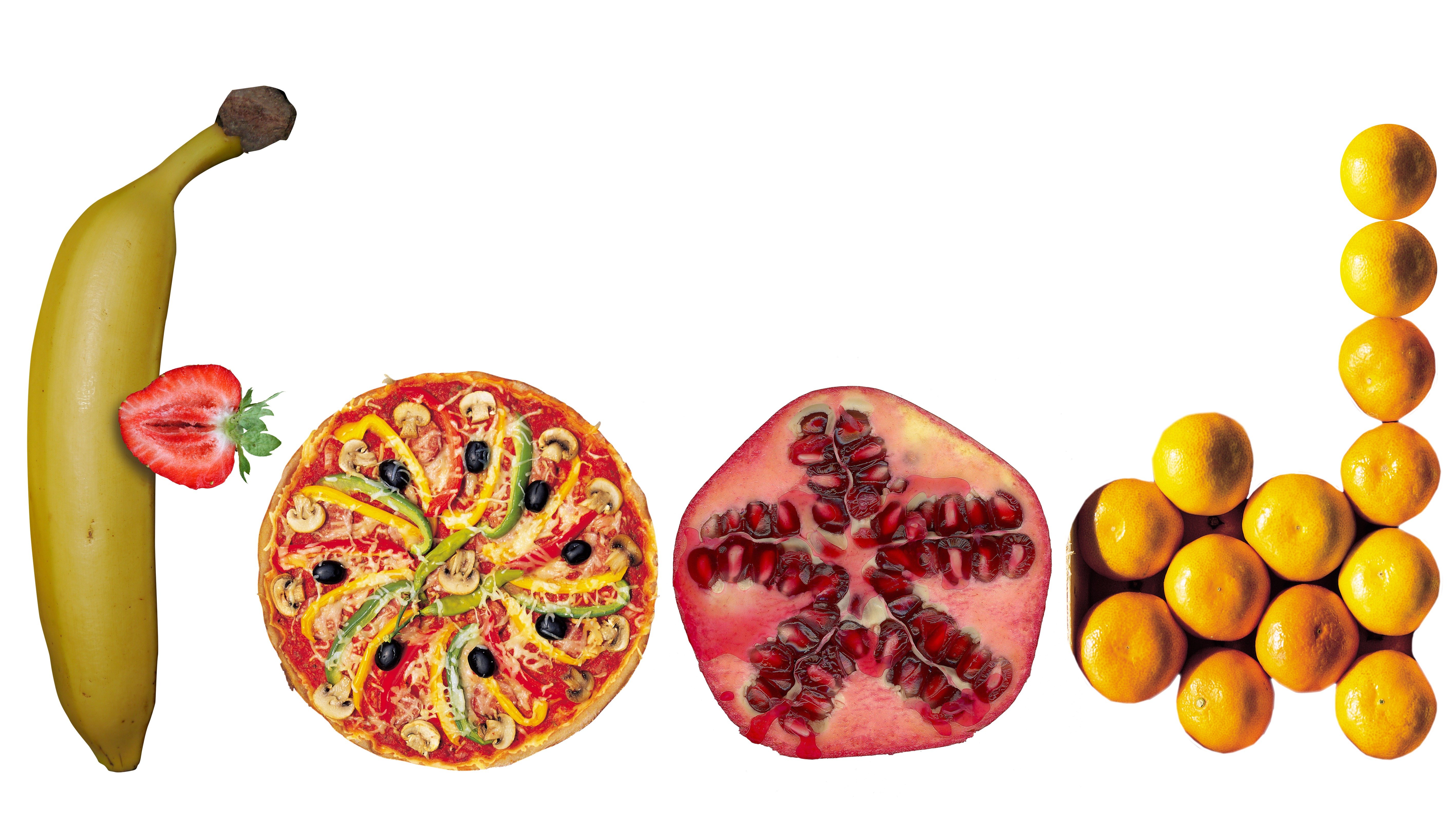
A person with COPD should eat foods high in fiber. you should be aiming to get around 20–30 grams of fiber each day. Here are some ideas of fibrous food you can start to incorporate into your daily diet:
- beans and lentils
- fruits and vegetables
- nuts and seeds
- whole grains, such as oats
- vegetables
Protein
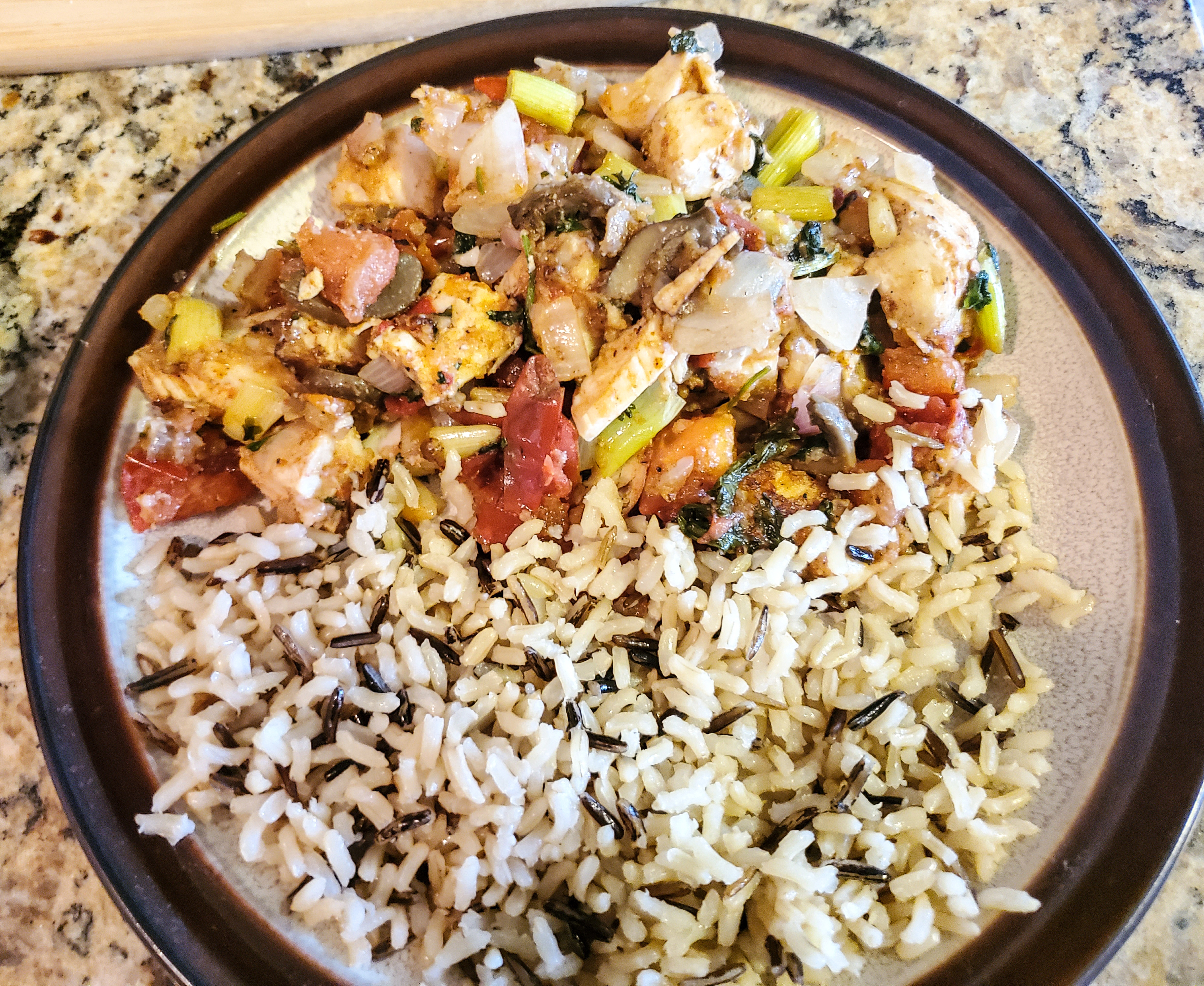
Research shows that people with COPD have increased protein needs because protein rich foods help increase your muscle mass. This means that COPD patients do benefit even more from protein than individuals without COPD. Incorporating protein-rich foods during meals and snacks will improve your nutritional status and subsequently your quality of life.
Foods that are high in protein include:
- Meat and poultry
- Fish
- Eggs
- Nuts and seeds
- Tofu
- Cheese
- Milk
Mono and Polyunsaturated Fats
Basically, mono and polyunsaturated fats are good fats. These healthy fats can lower cholesterol, which is helpful for everyone, including individuals with COPD.
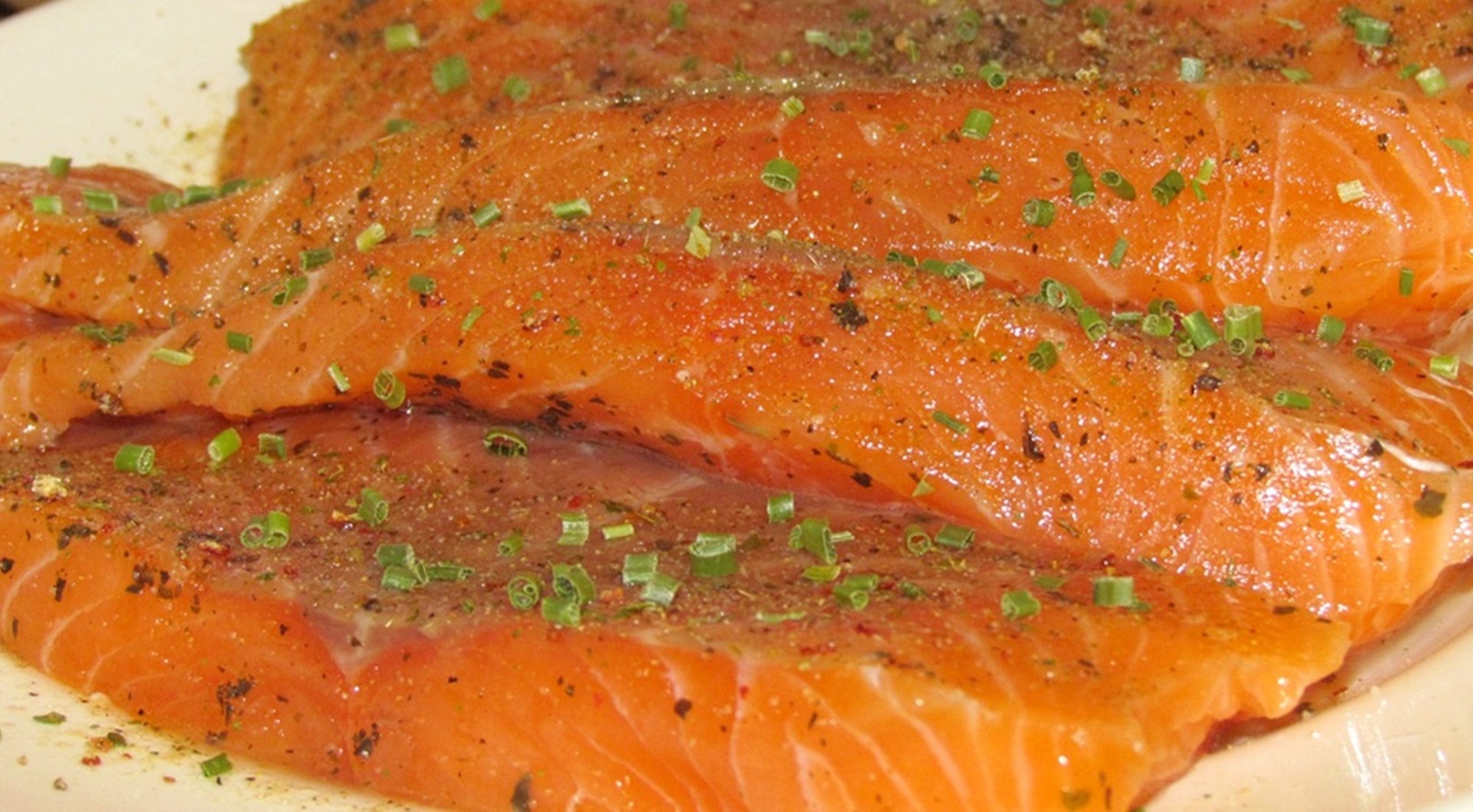
Some foods that contain these fats include:
- Olive oil and avocado oil
- Salmon
- Nuts and seeds
- Avocados
Foods you Should Avoid
If you have COPD, certain foods can make you feel worse.
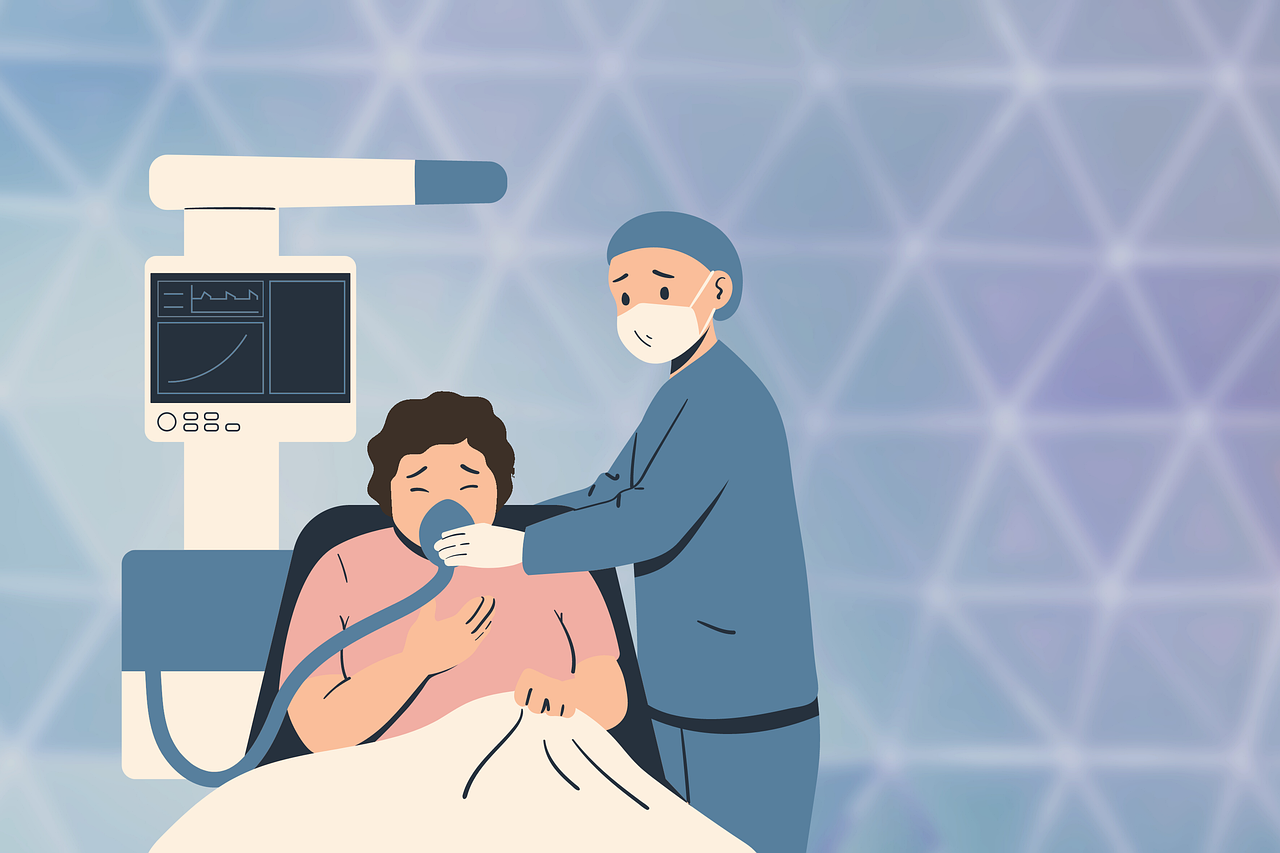
The common symptoms associated with COPD include difficulty breathing, coughing, wheezing, and mucus production. All of these symptoms can be exacerbated or made worse depending on the food you eat everyday.
In addition to eliminating exposure to smoke and other air pollutants, there are certain foods that a person with COPD should avoid in order to minimize the symptoms. Here are some of the foods and ingredients you should avoid eating if you have COPD.
Simple Carbohydrates
Simple carbohydrates offer less nutrients than complex carbohydrates. Foods consisting of simple carbohydrates include:
- Table sugar
- Chocolate and candy
- Cakes and other sugary desserts
- Sugary drinks
- Processed foods
- White bread and pasta
Many high-fat foods are nutritious, and people can include them in a healthful diet. However, many highly processed foods are high-fat, and people with COPD should avoid or limit them to promote overall health.
High Fat Foods
People with COPD must avoid or limit the following high-fat foods:
- Fast food
- Bacon and other processed meats
- Fried foods
- Sugary pastries
- Margarine
- Ice cream
Example Meal Plan
As mentioned in the beginning of this blog, meal plans and your diet should be unique to you, your health, and your lifestyle. With that being said, people can consider the following meal plan as a guide and talk to you diatian or doctor about developing a meal plan that works best for you:
|
Breakfast |
oatmeal with strawberries, blueberries, and almond butter |
|
Snack |
Boiled egg and fresh sliced vegetables |
|
Lunch |
Grilled chicken breast with salad and new potatoes |
|
Snack |
Mixed nuts |
|
Dinner |
Grilled salmon with quinoa and zucchini |
|
Desert |
Greek yogurt with pumpkin seeds and berries |
Meal prepping tips
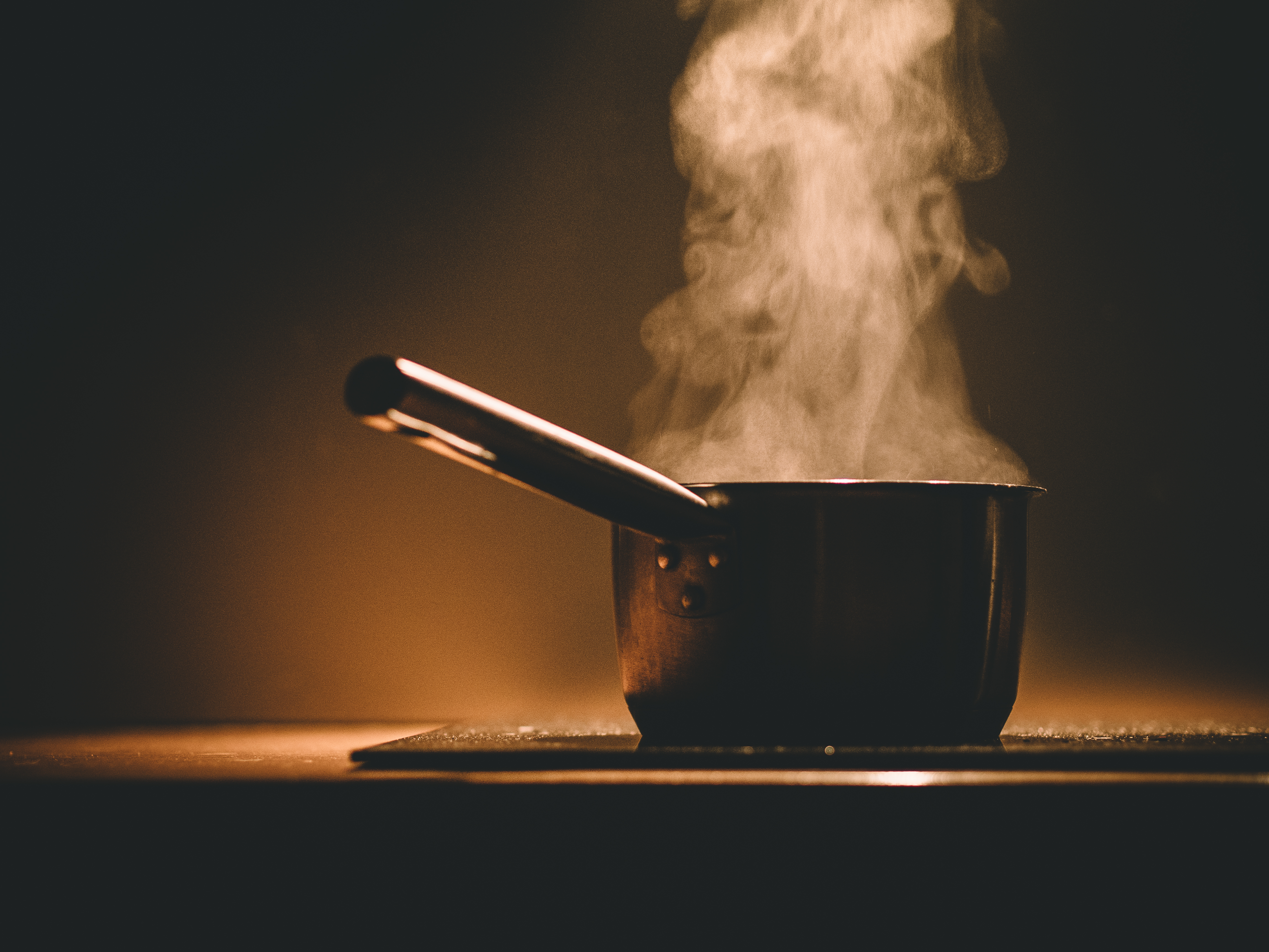
Preparing meals and cooking can be very challenging for COPD patients. First and foremost, you should always be using your portable oxygen concentrator even while cooking to ensure you are getting the oxygen you need to maintain your energy and oxygen levels.
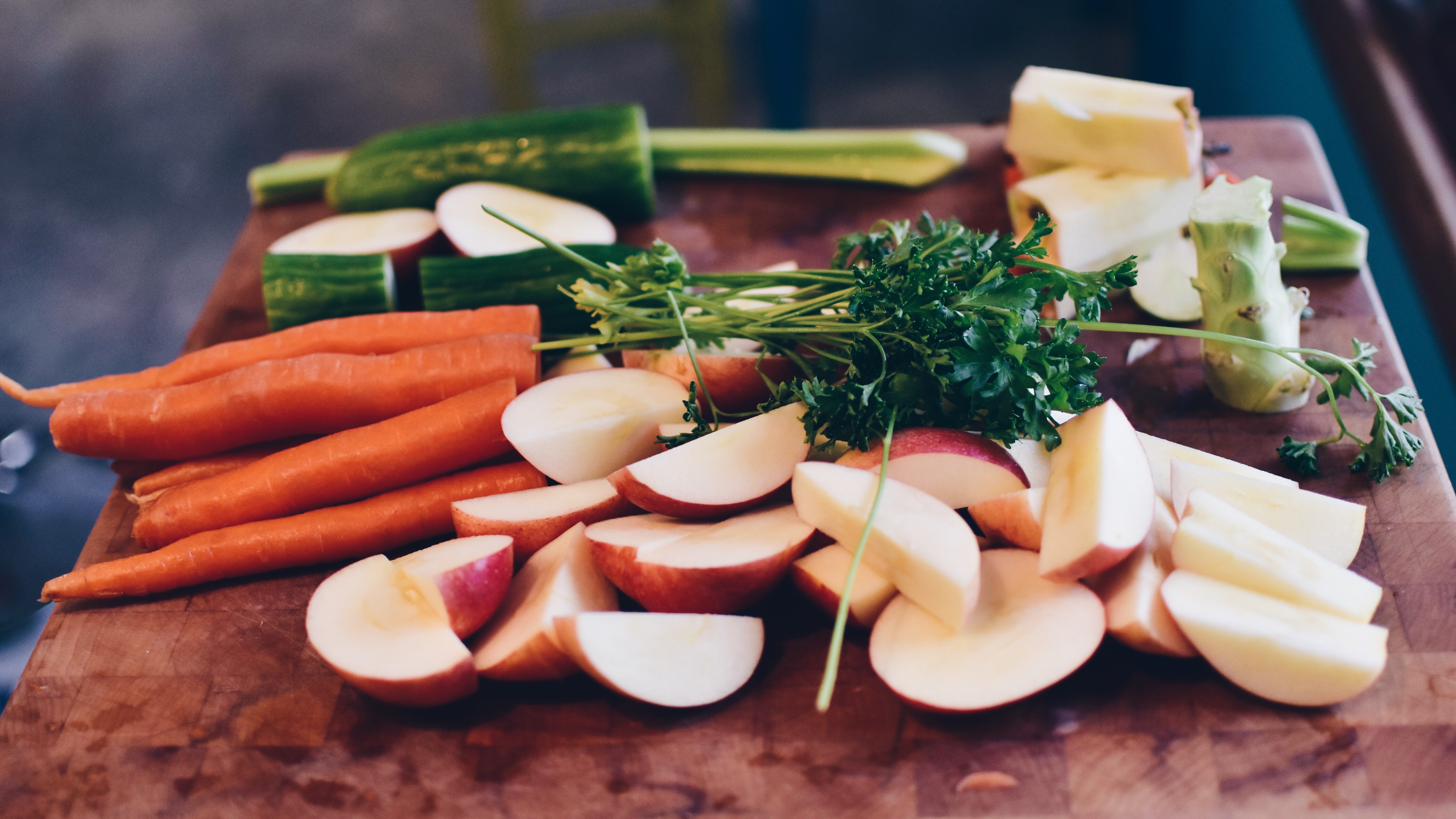
Even with your oxygen therapy, COPD can make you feel low energy so you might not feel up to cooking. If this happens to you, you can consider trying the following methods:
- Quick meals: Find healthy recipes that take less than 30 minutes to prepare and cook. The less challenge and the less steps involved the better. Also, buy pre-cut vegetables to reduce meal preparation times further.
- Crock-Pot: Find healthy crock-pot recipes. You can throw the ingredients in, and simply leave all it there to cook over several hours with minimal effort.
- Leftovers: While cooking, you can try to make more than you need so that you have leftover food for your next meal or even the following days.
How to Eat More Regularly
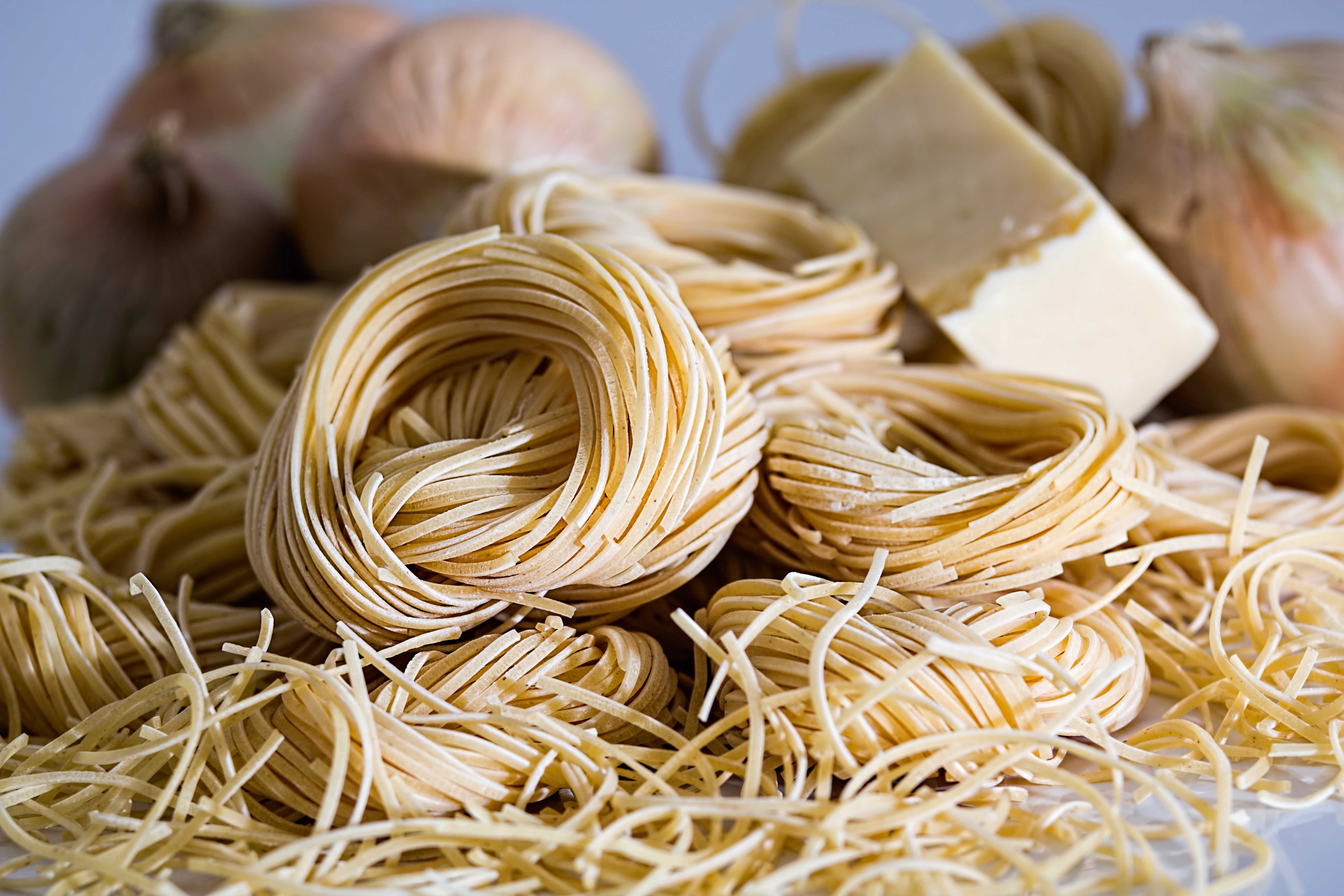
If you have COPD, eating can be challenging. Not only is the process of cooking tiring, but the act of eating can be overwhelming for some. Some people with COPD may experience a lack of appetite due to breathing difficulties and general chest discomfort.
Here are some eating hints:
- Rest just before eating.
- Eat more food early in the morning
- Avoid foods that cause gas or bloating
- Eat 4 to 6 small meals a day
- limit liquids with meals; drink an hour after meals.
- Talk to your doctor about taking a nutritional supplement
-
If you are using oxygen therapy, continue to use your supplemental oxygen device, even while you eat.
Overview
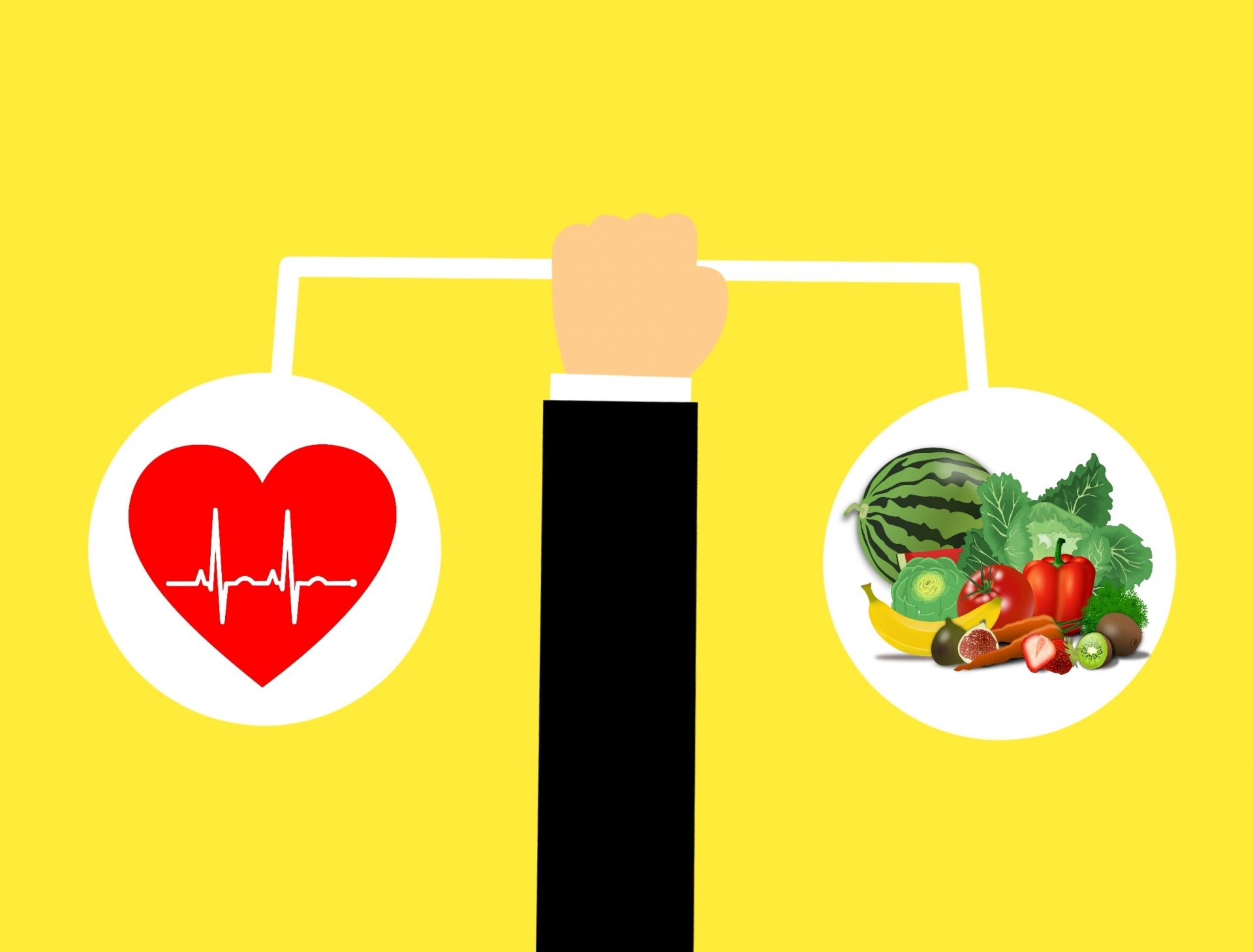
We really hope this blog gives you some ideas for meals and snacks that can help you feel better and more energized throughout the day!
It is also our hope that you learned how consuming a balanced and nutritious diet may alleviate some of the breathing difficulties you experience with COPD. Eating healthy is also a crucial step towards preventing certain health complications in the future.
As person with COPD, you should try to eat plenty of protein, complex carbohydrates, and fiber-rich foods. Your snacks should add healthy sources of fat to your diet. Avoid foods high in fat like processed food and try to stay away from sugary drinks and food.
After reading this blog, if you are considering changing your diet or lifestyle, talk to your doctor for advice on how to do this safely and effectively!

